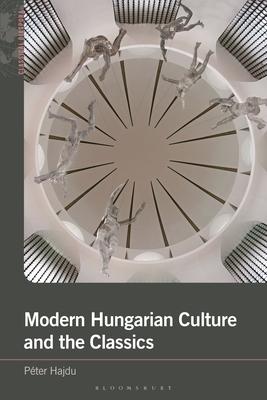
Hajdu also studies the gradual disappearance of classics from the Hungarian school education since the 19th century, which has been accompanied by fervid political debates. However, over this period, translations of classical texts paradoxically became more frequent and popular with the decline of a classical education, even though fewer readers had access to the original texts. Despite this change, the translation strategies tended to remain school-bound. The knowledge of classical literature still leaves traces on Hungarian literature, which Hajdu explores using examples from nineteenth-century novels and contemporary poetry. This book sheds light on a topic of classical reception that has remained largely unexplored in this part of Europe, but one which has an incredibly rich history, culture and literary tradition.
Hajdu also studies the gradual disappearance of classics from the Hungarian school education since the 19th century, which has been accompanied by fervid political debates. However, over this period, translations of classical texts paradoxically became more frequent and popular with the decline of a classical education, even though fewer readers had access to the original texts. Despite this change, the translation strategies tended to remain school-bound. The knowledge of classical literature still leaves traces on Hungarian literature, which Hajdu explores using examples from nineteenth-century novels and contemporary poetry. This book sheds light on a topic of classical reception that has remained largely unexplored in this part of Europe, but one which has an incredibly rich history, culture and literary tradition.
Hardcover
$127.78